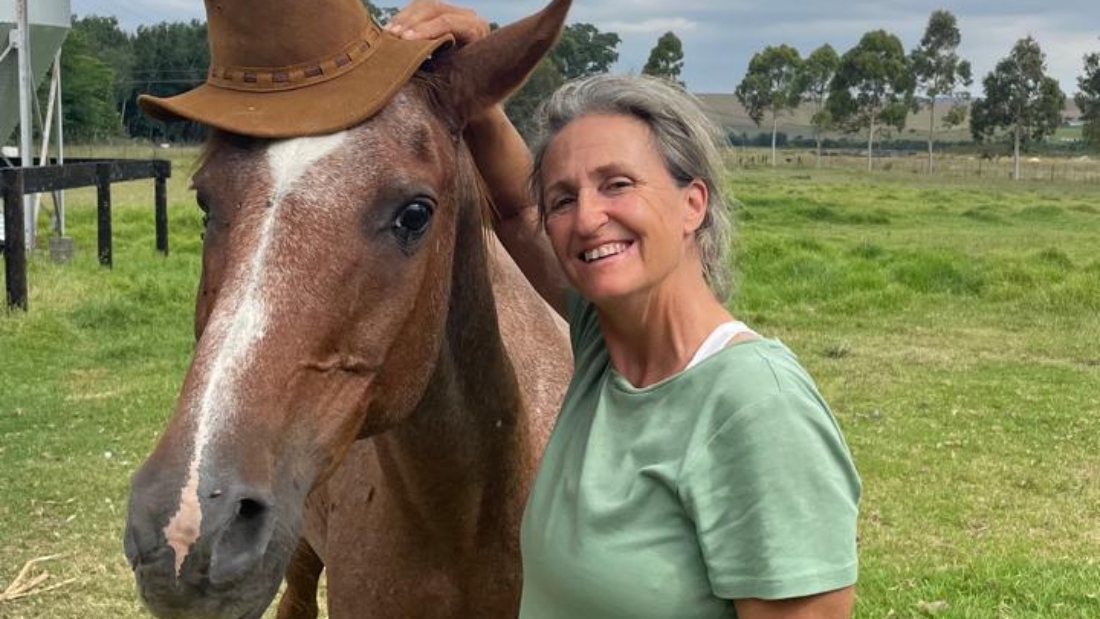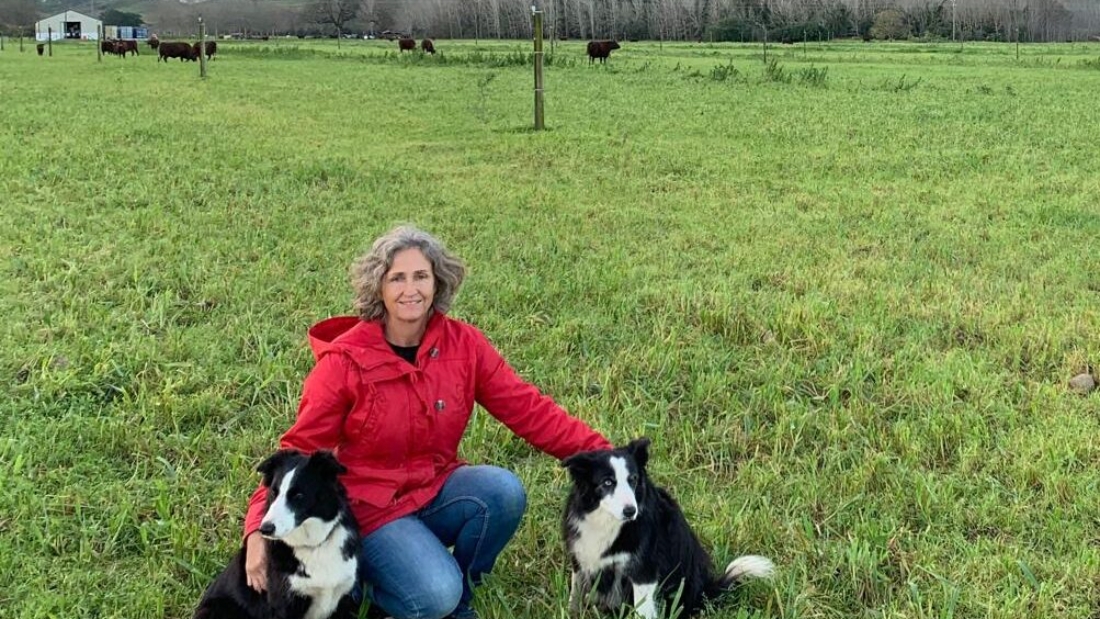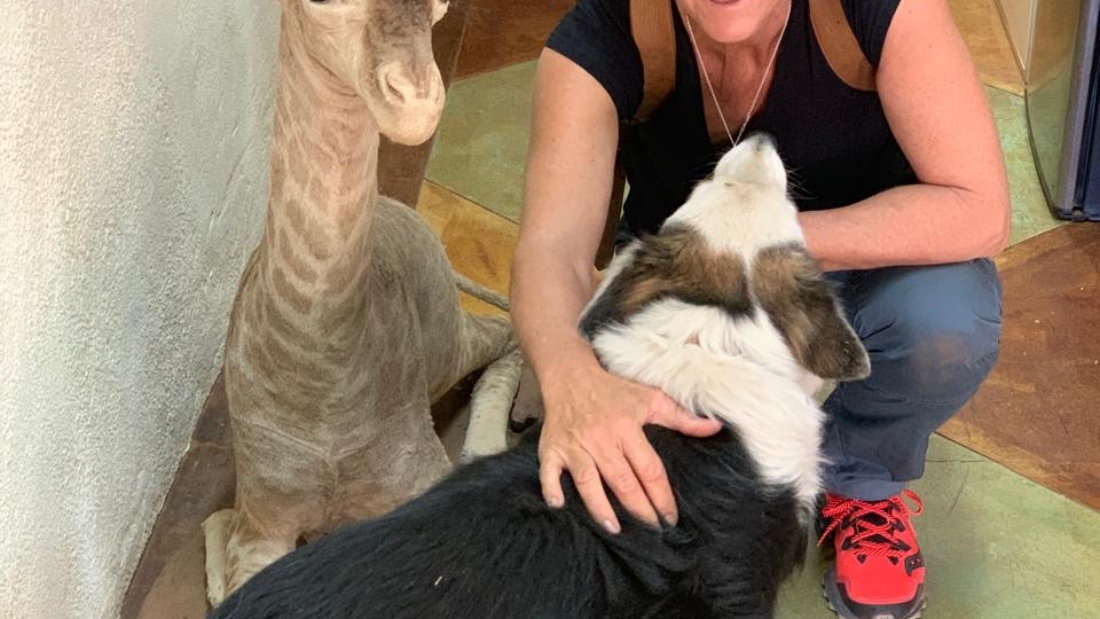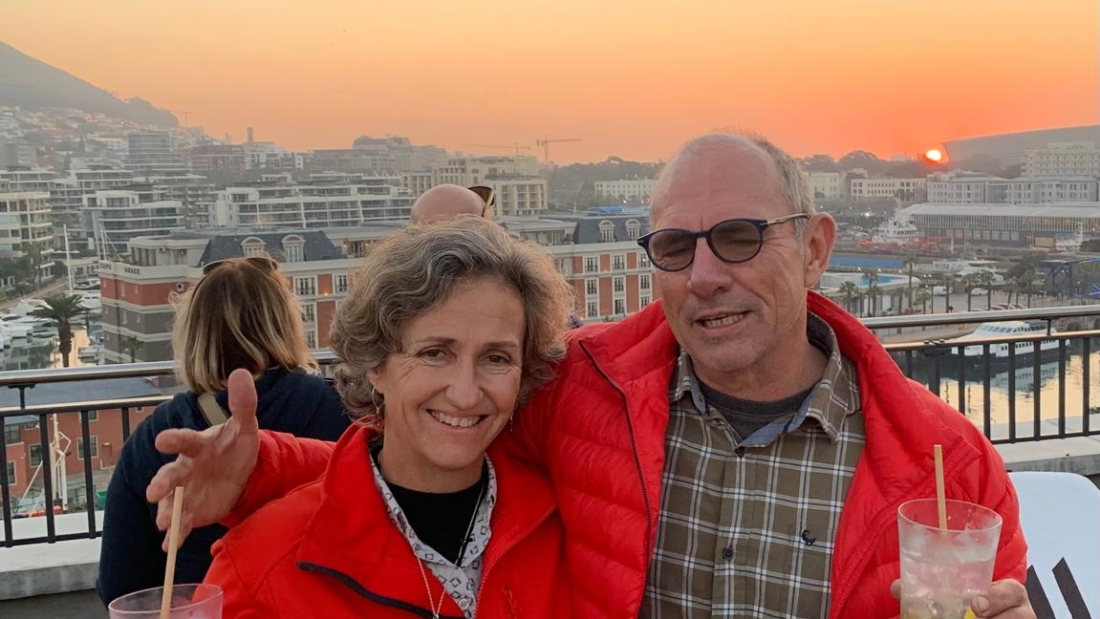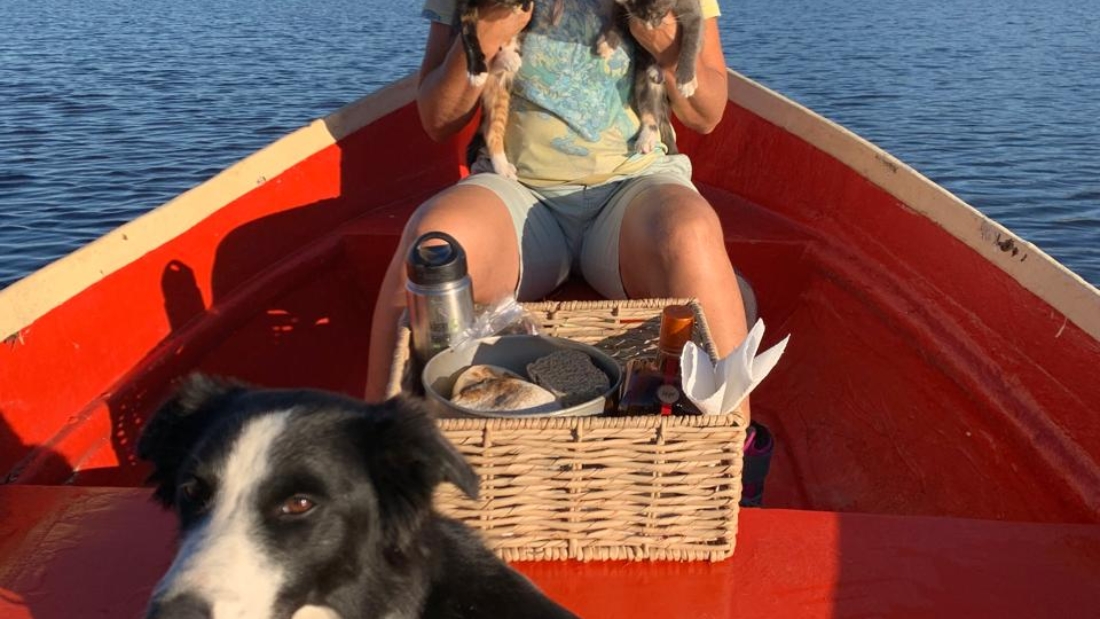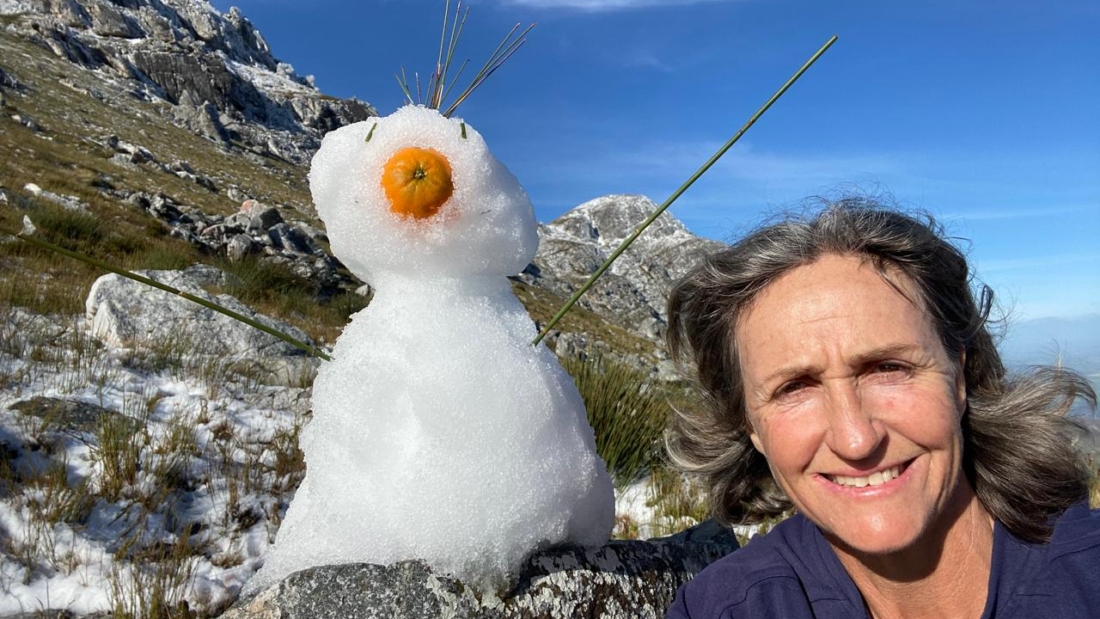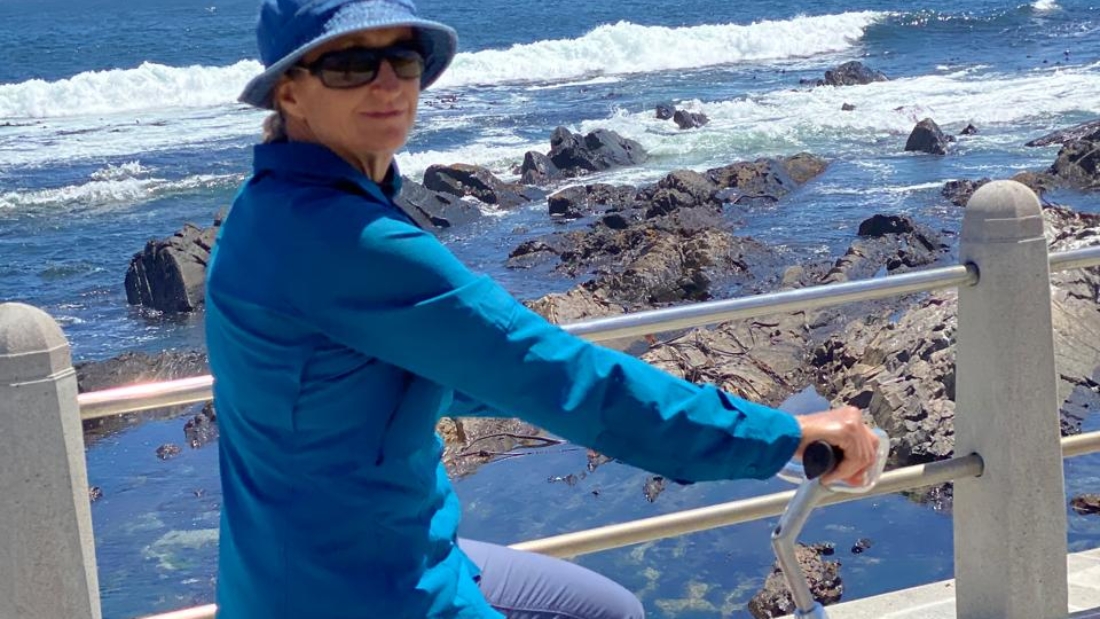Introduction: The Pattern We Built Together
When you live with someone—really live with them—your lives braid together in subtle, daily ways. It’s not just the big shared events like holidays, anniversaries, or family gatherings. It’s the everyday rhythms.
For Angie and me, the pattern was natural. When I left work and got in the car, I phoned her. She knew when I’d be driving home, and she’d adapt her afternoon around that call. Sometimes she’d save stories to tell me then. Sometimes she’d ask me to pick up something on the way. Sometimes we just talked about nothing at all, filling the time with warmth.
That wasn’t something we had to negotiate. It was built into the fabric of our shared life. Two people, moving in orbit around each other, adjusting without thinking. We shared time, space, and patterns.
But after a partner dies, you step out into a world where the rhythms no longer match. And that is one of the great shocks of mourning: the discovery that other people already have their lives in motion. Their patterns are not yours. They never were.
The Contrast Between Shared Rhythm and Solo Rhythm
When Angie was here, life ran on “on demand” companionship. If I needed her, she was there. If she needed me, I was there. That doesn’t mean we were constantly available—of course we had jobs, commitments, and responsibilities—but within those limits, there was a sense that we belonged first to each other.
That belonging meant accessibility. It meant I could lean on her without checking her schedule. It meant she could text me at any hour, knowing I would respond when I could. We shaped our days around the reality of us.
Now, in her absence, I find myself reaching toward others—and bumping into the reality that they have whole lives already.
New friends, old friends, even family members—they have yoga classes, tennis games, birthday parties, grandchildren, hobbies, and long-standing routines. They have networks of other friends who claim their time. Their patterns don’t bend automatically to mine, because why would they? They didn’t lose what I lost. Their days were not broken open.
That is a profound adjustment: to go from being at the center of one shared rhythm to being on the outside of someone else’s existing one.
The Discovery: Other People Had Lives All Along
It sounds almost absurd to say it—of course other people had lives. But when you’re used to a partnership, the depth of that truth doesn’t hit you until you’re mourning.
With Angie, if we wanted to take a walk in the evening, we walked. If we wanted to plan a weekend trip, we planned it. If we wanted to watch a show, we just pressed play together.
Now, if I want to walk, I might ask a friend. But that friend might be busy with her children, or at work, or out at a dance class. If I want to grab coffee, someone might say yes—if they’re not already meeting someone else or catching up on errands.
It’s not rejection. It’s just reality.
I’m learning that when I deepen a friendship, I’m stepping into a rhythm that already existed. I can be welcomed, but I’m not the axis around which it turns. I have to make allowances.
And that realization is both humbling and, at times, lonely.
On-Demand Companionship Is Gone
One of the hardest parts of losing a partner is losing that sense of companionship “on demand.”
With Angie, I didn’t have to wait for the right time. She was there. If I felt low, I could reach for her. If I had good news, I could share it instantly. If I was simply bored, I could fill the space with her presence.
Now, I send a message and wait. Or I ask, and sometimes the answer is no. It’s not personal—it’s just that friends, unlike partners, aren’t always available. They have to juggle me with everything else.
This isn’t something I resented in the past because I didn’t have to. Now, it becomes a daily exercise in patience, understanding, and recalibrating my expectations.
Learning Flexibility
Mourning teaches flexibility in ways you never expected.
If I want to connect, I can’t demand. I have to adapt. I have to learn to fit into their calendars, their interests, their priorities.
A friend might love hiking, so if I want time with them, I hike. Another might prefer tennis or dance, so I learn to enjoy watching or participating. Another might be deeply invested in grandchildren, so I learn to accept conversations punctuated by interruptions, or even to embrace being part of that family energy.
It’s not the same as with Angie. With her, our lives were already aligned. With others, I enter their worlds. And slowly, sometimes, they enter mine.
The Loneliness of “Not Being First”
Perhaps the deepest ache is realizing you’re no longer someone’s first call.
With Angie, I was her person. She was mine. That is a unique role, and when it’s gone, it leaves a hollow space.
Friends may care deeply, but they already have first people—their spouses, children, siblings, or lifelong companions. I enter their circle as “also important,” not “most important.”
And that, too, is an adjustment. To be cared for but not central. To be welcomed but not foundational.
It teaches humility. It forces you to build resilience. It reminds you that intimacy with a partner is irreplaceable—but that friendship, though different, still has its own richness.
Navigating Disappointment Without Bitterness
It’s easy, in these moments, to feel disappointment slide into bitterness. To think: Why can’t they be there for me like Angie was? Why can’t they put me first?
But that’s unfair. They didn’t sign up for that. They didn’t vow to be my constant. They didn’t mesh their lives with mine.
They are offering what they can: genuine friendship, time within limits, care within the framework of their own lives.
Part of mourning is learning to accept that without resentment. To receive what is given, not demand what cannot be offered. To honor their lives as much as I hope they will honor mine.
Building New Patterns
What helps is recognizing that new patterns can still be built. Not the same as with Angie, but real nonetheless.
A friend might become my Sunday lunch companion. Another might be my hiking partner once a month. Another might be the one I text at night when sleep won’t come, knowing she’ll reply in the morning.
These aren’t replacements. They’re different kinds of constellations. And slowly, they stitch a new pattern into the fabric of my life.
Practical Reflections for the Mourner
- Acknowledge Your Longing for Availability
It’s normal to miss the constant presence of your partner. Naming that longing helps prevent unfair expectations of others. - Practice Patience With Friends
Accept that your friends’ lives will sometimes make them unavailable. Try to see it as reality, not rejection. - Enter Into Their Worlds
Join them in what they already love—tennis, dancing, family time. It expands your world while strengthening the friendship. - Build Rituals Slowly
Create small, reliable rhythms with each person, even if they’re occasional. They can become anchors in your week or month. - Balance Giving and Receiving
Friendships are two-way. Offer presence and interest in their lives, not only a need for comfort in yours.
The Wider Lesson: Respecting Other People’s Wholeness
Perhaps the deepest truth in this chapter is that other people are whole, independent beings.
When you’ve lost your partner, it’s tempting to want someone to fill that hole. To want them to bend toward you, the way your partner did. But that desire is rooted in the memory of something uniquely intimate.
Other people can love you, support you, and walk alongside you—but they will not bend their whole pattern of life around you. And that is not failure. It is simply the reality of friendship, family, and community.
Mourning requires us to expand our understanding of relationship. To embrace the richness of being part of many people’s lives, even if we are no longer the center of just one.
Because of Angé
Because of Angé, I knew what it was to live in a shared rhythm. To have someone who made space for me at every turn, who matched my patterns with hers, who bent her day so we could meet in conversation.
Because of Angé, the absence feels sharper. But also because of her, I can recognize the gift when someone—even if only occasionally—makes room for me in their world.
She taught me that presence matters. She also taught me to appreciate it when it’s given. And now, even as I learn to live with the reality of other people’s lives, I carry that lesson forward: to honor both the fullness of what was and the partial but still precious gifts of what is.
